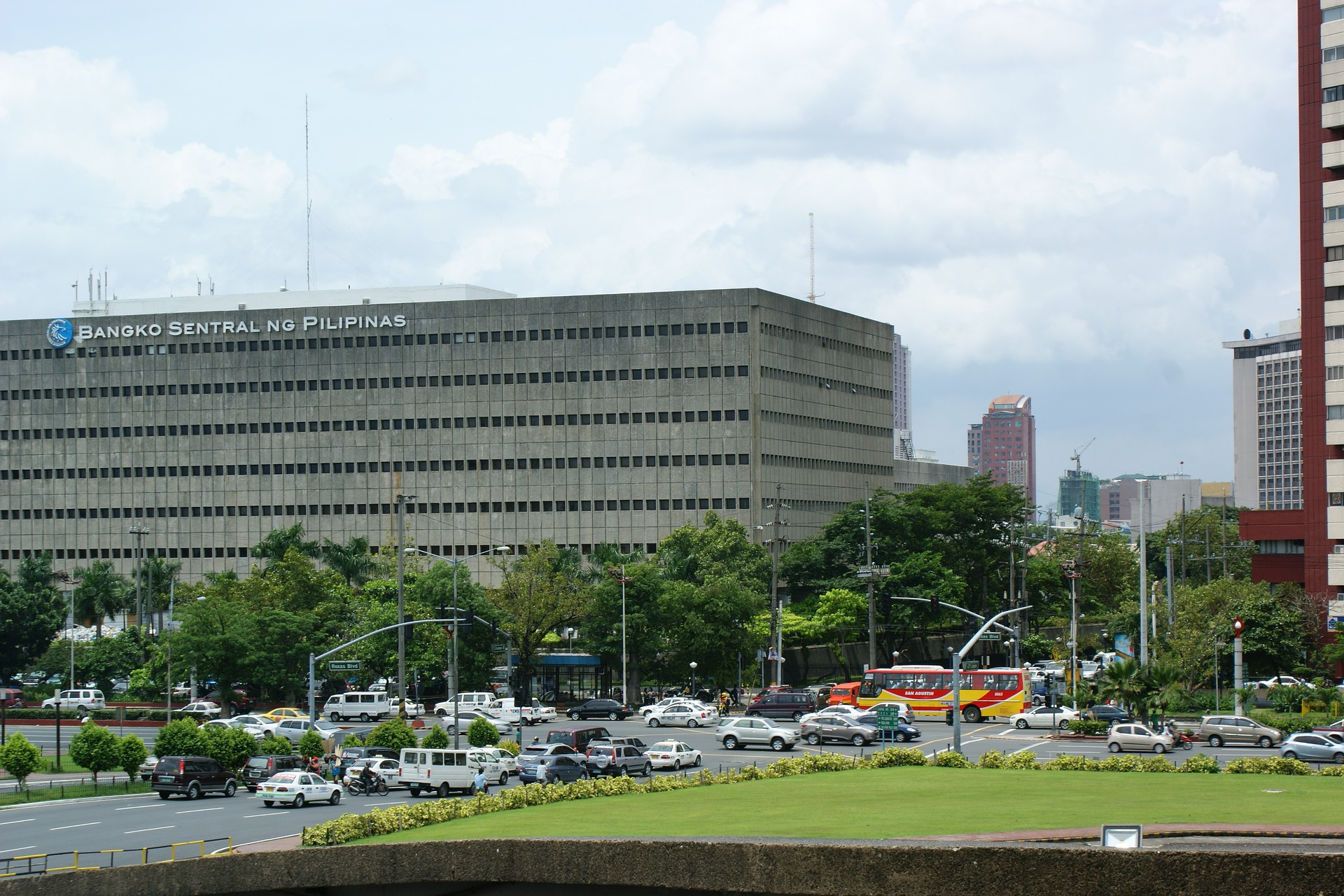
MANILA – People from the middle class are included in measures extended to those affected by the coronavirus disease 2019 (Covid-19), Finance Secretary Carlos Dominguez III said.
In a Viber message to journalists on Tuesday, Dominguez said President Rodrigo Duterte has been authorized under the Bayanihan to Heal as One Act to realign the budget of government-owned and -controlled corporations (GOCCs), among other agencies under the Executive Department, to address requirements brought about by the global pandemic.
He said the government has a PHP205-billion program to be used for more than two months “to provide support for those in the informal sector, in addition to fully funding the needs of the health care sector.”
Dominguez said the funds would be reallocated for assistance to local governments, the micro, small and medium enterprises (MSMEs) by subsidizing the salaries of their employees who are mostly what some would call lower middle class, and support the Department of Agriculture/Department of Trade and Industry in enhancing food production and availability.
He noted that aside from the support to the middle class coursed through the MSME sector, the Bangko Sentral ng Pilipinas (BSP) and the Securities and Exchange Commission (SEC) have also implemented such measures as the moratorium on the payment of loan and credit card amortizations, and prohibited the charging of compounded interest and penalties during the enhanced community quarantine (ECQ).
These are on top of the total of 75-basis-point cut in BSP’s key policy rates and the 200-basis-point reduction in universal and commercial banks’ (U/KBs) reserve requirement ratio, with the latter seen to boost domestic liquidity to support economic activities.
“These measures favor all sectors of society, (e)specially those some people call middle class,” Dominguez said.
Despite the reallocation of certain portions of this year’s national budget, he said the government is “aiming to maintain our ‘Build, Build, Build’ initiative, which will help our economy recover quickly upon the defeat of the virus.”
Under the Duterte administration’s priority infrastructure program, about PHP1 trillion would be invested annually until 2022 to implement various infrastructure projects, such as roads and bridges that will have long-term economic effects.
“The President’s fiscal policies since the start of his administration, of vastly improving our revenue flows, as well as being very judicious with expenditures and investments, have placed us in a good position to meet the financial challenge posed by Covid-19,”
Dominguez said. “We must realize, however, that we do not know how long this contagion will last and that our funds are not inexhaustible. We must therefore prudently marshal our resources and prepare for all eventualities.”